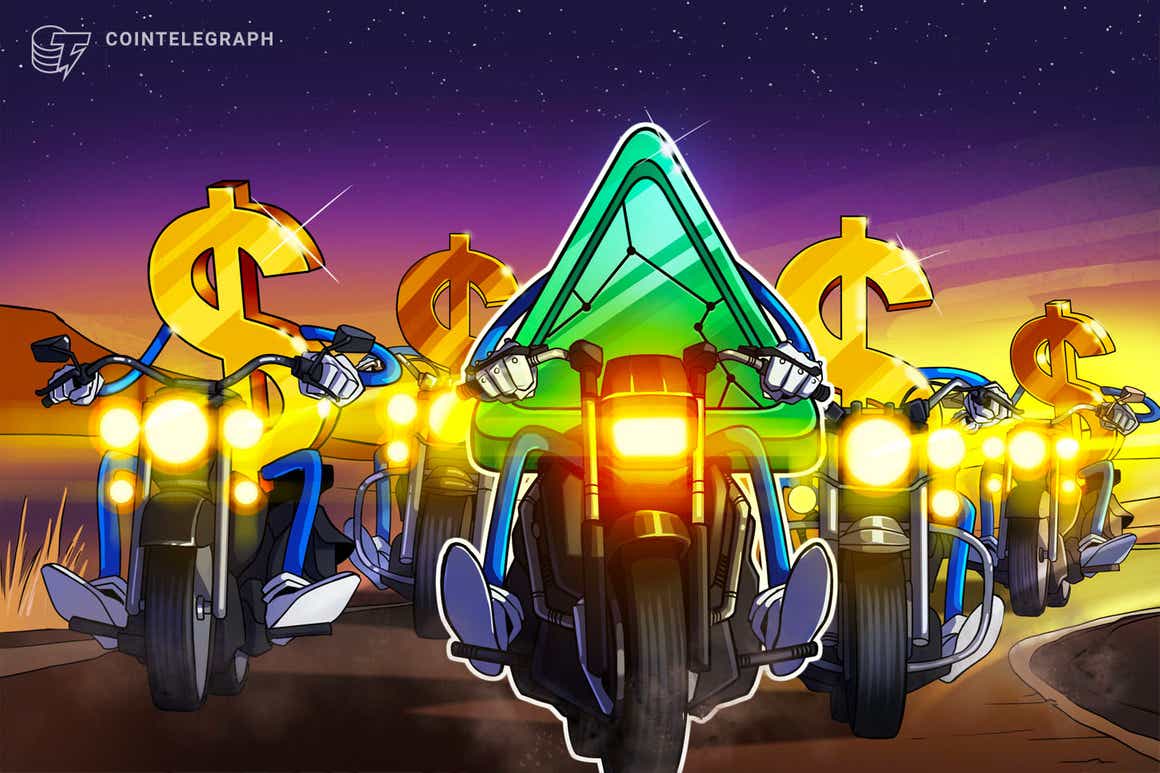OpenSea has become the first nonfungible token (NFT) marketplace to process 11-figures worth of NFT trades.
According to NFT data aggregator Dapp Radar, the pioneering marketplace has hosted more than $10.3 billion worth of transactions since launching in December 2017.
The platform has seen exponential growth this year, with the platform having processed $2.5 billion worth of trades for the entirety of the first half of 2021.
Since the beginning of November, OpenSea has already processed $400 million worth of volume, and $1.85 billion for the past 30 days.
Surging NFT game Axie Infinity ranks as the second-hottest NFT platform by lifetime volume, having facilitated $3 billion worth of NFT transactions since March 2018.
Despite OpenSeas dominance by settlement value, more than one million users have transacted on Axie compared to OpenSeas 637,000. However, while half of Axie users were active in the past month, almost two thirds of OpenSeas users were active over the same period.
Axie has a slight lead over OpenSea by total number of trades with 13 million compared to 11.4 million.
Dapp Radar ranks Larva Labs marketplace for its pioneering Cryptopunks NFT series as the sectors third-largest trading platform, having facilitated $1.59 billion worth of transactions from just 5,236 users since June 2017.
The Flow-based basketball collectibles platform NBA Top Shot ranks fourth with $726.5 million from nearly half a million users traders since June 2020, followed by the Solana-based Solanart with $519.2 million settled among 134,544 traders since July of this year.
The OpenSea marketplace primarily uses the Ethereum blockchain, which dominates the NFT market, accounting for 97% of NFT volume. Last month, secondary sales on the Ethereum blockchain topped $2.2 billion
Related: Solana secondary NFT sales reach half a billion dollars in three months
Despite OpenSeas dominance over the NFT sector, an increasing number of NFT investors are focusing their attention on rival blockchains that boast significantly lower transaction fees than Ethereum.
At the beginning of October, 33% of NFT traders used Flow to trade nonfungibles, while 25% had speculated using the WAX network.



